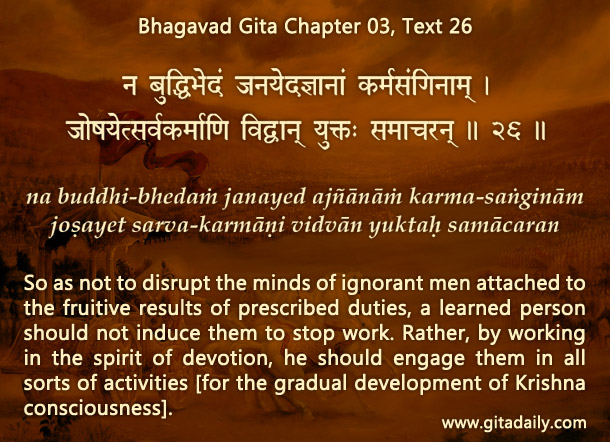When we disagree with someone, we often seek to prove not just that we are right, but also that they are wrong.
Actually however, their viewpoint may not be wrong because they may be viewing from a different point. In some areas of life, the options fit into neat binaries of right and wrong. But most areas of life and especially most conflicts in relationships are too nuanced to be resolved by digital logic. People come from different backgrounds and are at different levels of emotional maturity, self-mastery and psychophysical nature. What is right for us may not be right for them.
Consider the study of English. What is right for a doctorate-level literature student — reading a 500-page book and writing a 5000-word critical review — will not be right for a primary school English student, who can read one chapter and write a 100-word precis. Still, both the doctorate student and primary-school student are rightly directed in their language study; they are both growing from their present level.
The same principle applies to most areas of life, including spiritual growth. We may practice spirituality at a particular level of commitment, but that level may not be right for others. We need to understand the stage they are at their spiritual evolution and encourage them to take reasonable steps forward from there. Indeed, helping others stay rightly directed is the essential message of the Bhagavad-gita (03.26): don’t speak words that agitate; speak words that elevate.
One-sentence summary:
Even if we are right, that doesn’t mean those disagreeing with us are wrong; being rightly directed is more important than being right.
Think it over:
- Why do conflicts in relationships not fit in the neat binaries of right and wrong?
- Explain, with an example, how what is right can be different for different people.
- Consider a conflict you are facing. How can you focus on staying rightly directed?
***
03.26: So as not to disrupt the minds of ignorant men attached to the fruitive results of prescribed duties, a learned person should not induce them to stop work. Rather, by working in the spirit of devotion, he should engage them in all sorts of activities [for the gradual development of Krishna consciousness].
To know more about this verse, please click on the image
Explanation of article:
Podcast:



How to practice AKARMA in every day life?
https://www.thespiritualscientist.com/2015/10/how-can-we-do-akarma-practically/
Thespiritualscientist.com is my other site, where over 5000 questions have been answered. Feel free to search for answers to your questions there.